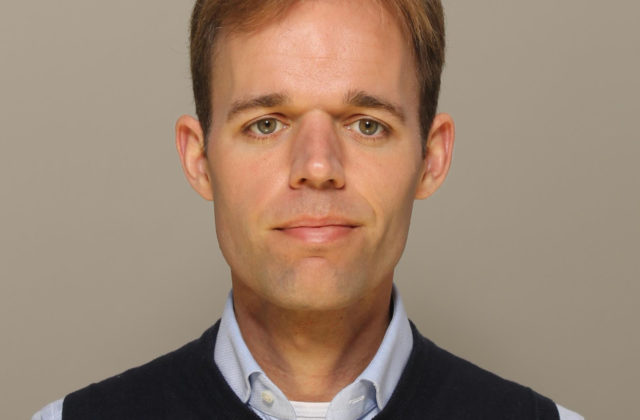Corporations, Citizens, and the Formation of Urban Communities in Europe, 1350-1550
Research Question
To what extent and how did occupational guilds, religious confraternities and neighbourhood associations contribute differentially to the formation of urban communities in late medieval Europe?
Project Description
This project examines the social fabric of late medieval cities, in order to assess the extent to which the activities of corporations were beneficial to both individual members and the wider community, and how their functioning can be explained. The resulting book will provide a comparative analysis of craft guilds, brotherhoods and neighbourhoods in Florence, London, Norwich, Ghent, and Leiden from 1350 to 1550. Apart from giving new historical insights into political participation and social solidarity in medieval urban society, the book also engages in broader debates about the role of bottom-up forms of association, social capital, and citizenship in the formation of communities.
Selected Publications
Van Steensel, Arie. ‘Guilds and Politics in Medieval Urban Europe. Towards a Comparative Institutional Analysis.’ In Craftsmen and Guilds in the Medieval and Early Modern Periods, eds Eva Jullien and Michel Pauly, 37–56. Stuttgart, 2016.
Colson, Justin, and Arie van Steensel, eds. Cities and Solidarities: Urban Communities in Pre-Modern Europe. London; New York: Routledge, 2017.
Van Steensel, Arie. ‘Measuring Urban Inequalities. Spatial Patterns of Service Access in Sixteenth-Century Leiden.‘ In Economic Inequality in Pre-industrial Societies: Causes and Effect, ed. Giampiero Nigro, 369–88. Florence: Firenze University Press, 2020.
